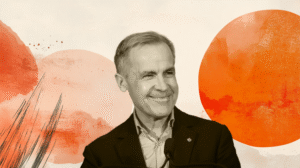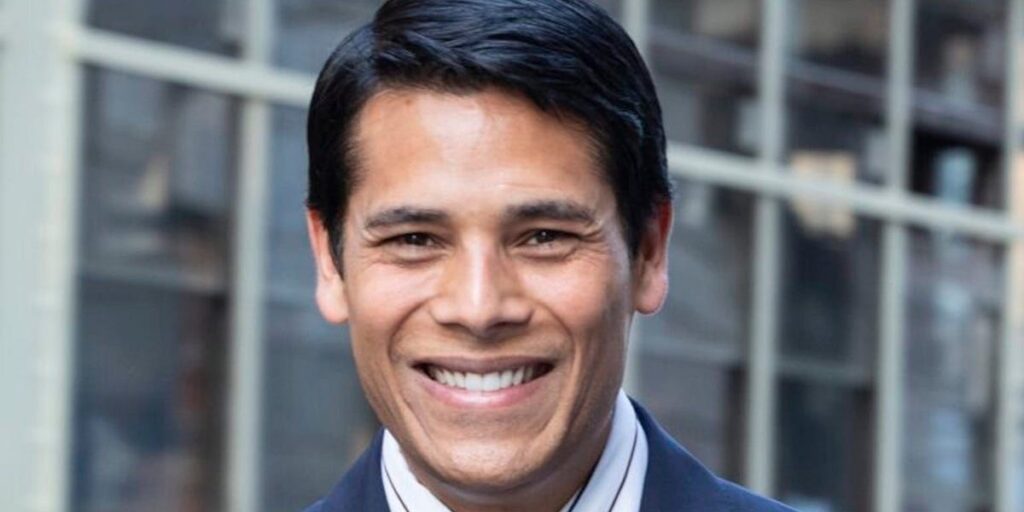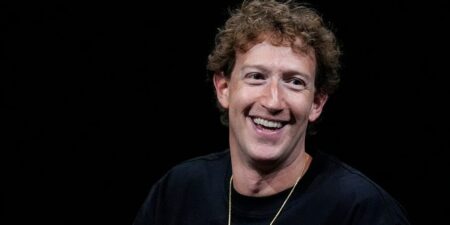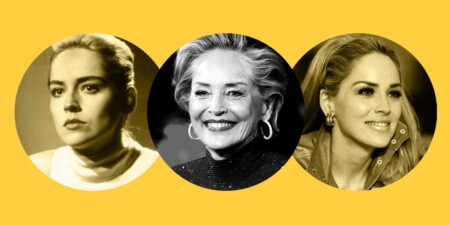Partner, sue, or block?
Those tend to be the three available options for publishers when it comes to dealing with artificial intelligence companies scraping their content to train large language models.
Nextdoor, the hyperlocal social network, is emphatically choosing the blocking path.
“If you spread your content far and wide, there’s a very good chance that one of these better funded, larger operating companies — like a ChatGPT, or Microsoft, or whomever — is going to take all that content, train its models, and then consumers will never have to come to you,” Nirav Tolia, Nextdoor’s CEO, told BI in an interview at the Cannes Lions advertising festival in France on Monday.
Tolia said his stance is “ideological,” and it comes after he learned the hard way about the perils of relying too heavily on Big Tech platforms.
During the dot-com boom, Tolia was an executive at Shopping.com, a site that helped shoppers track price drops on products they were looking to buy. Tolia said around 80% of its traffic came from Google searches. The company went public in 2004, but its share price crashed not long after, following a change in Google’s algorithm that decimated its traffic. (Shopping.com sold to eBay in 2005.)
“When I was starting Nextdoor with my cofounders, we said it’s much more difficult to grow without the benefit of Google, but we want to do everything not to be reliant because we can’t sleep well at night,” Tolia said.
“We’ve never allowed our content to be scraped, to be distributed — we aren’t crawled by any of the search engines,” he added.
It’s an unusual approach. Many website owners are laser-focused on how their brands show up on search pages and frequently optimize their sites for Google’s crawlers.
That approach is also why you won’t see Nextdoor cutting a licensing deal like Reddit’s partnership with Google. The search giant has said the deal — which Reuters reported was worth about $60 million a year to Reddit — will not only train its AI models but surface more information derived from Reddit in its search results.
Tolia questioned the long-term viability of these sorts of deals, even if they’re additive to the bottom line in the short term. (Disclosure: OpenAI has a licensing partnership with BI parent company Axel Springer.)
Tolia said that if users decide to go to Google to get data derived from Reddit, Google could, over time, drive down the cost of its licensing agreement.
“Those consumers aren’t even going to know it’s Reddit information,” Tolia said.
Google has previously said that its AI Overviews send “higher quality” visits to some websites when users click on source citation links for more information. However, separate analyses from independent researchers suggest that AI overviews can hurt click-through rates.
Nextdoor is preparing for its next era
Tolia’s stance on licensing doesn’t mean Nextdoor doesn’t have AI ambitions.
Tolia wants every neighborhood on Nextdoor to have an AI agent, so consumers can ask its chatbot, “What’s the best place to go to in Marylebone for a great Tikka Masala?” Nextdoor’s agent would then trawl 14 years of users’ posts and recommendations to surface an answer.
“It’s incumbent on us at Nextdoor to make it just as easy as ChatGPT,” Tolia said.
Nextdoor’s trip to Cannes Lions comes as it prepares to launch a new redesign with the intention of creating a more structured feed and more timely notifications about events happening in users’ neighborhoods, layering in information from sources like city councils and local news outlets.
The company’s goal is to become more of a daily habit. Nextdoor said during its earnings call last month that while it has 100 million verified users, only around a quarter of them are active on the platform.
Nextdoor is also sharpening its pitch to advertisers. Once the new redesign launches, it plans to roll out more ad formats and other ad services later in the year. Tolia said Nextdoor is emphasizing its hyper-local roots and the authentic conversations that happen on the platform, which are rooted around events in the real, not online, world.
“I think marketers want authenticity, and so if you think about this idea of verified neighbors in real neighborhoods, in a private ecosystem — that’s very different than a place like Instagram, for example,” where much of the content is from influencers, Tolia said.
Axel Springer, Insider Inc.’s parent company, is an investor in Nextdoor.
Read the full article here
















